In the sixteenth century, Dutch traveller Jan Linschoten noted the absence of lions throughout the Indian subcontinent. Two hundred years later, echoing similar comments made by various hunters and observers of Indian wildlife, the British shikari and writer, Captain Thomas Williamson, emphatically declared: There are no lions in Hindustan. Much the same was said about the cheetah in the region. These observations piqued the interest of well-known naturalist Valmik Thapar. After an enormous amount of research and study he now believes that, contrary to existing scientific theory, neither of these animals were indigenous to the Indian subcontinent. Remarking on the lack of accounts of encounters with these animals as opposed to the tiger and the leopard which are extensively documented as well as inconclusive genetic studies, he argues that, over the centuries, the lion and cheetah were brought into the country from Persia and Africa by royalty, either as tributes or to populate their hunting parks and menageries. Enlisting the help of renowned historian, Romila Thaparwho analyzes historical accounts and representations of the lion in early Indiaand scholar, Yusuf Ansari who looks back at the lives of the Mughals and their famed huntsto further validate his theory, Valmik Thapar concludes at the end of this thought-provoking book that the Indian lion and the Indian cheetah were, in fact, exotic imports, and not indigenous subspecies. Tracing the history of the lion and the cheetah for over 5,000 years, and substantiated with pictorial evidence, Exotic Aliens is a pioneering work that could turn field biology on its head.
Exotic Aliens: The Lion and the Cheetah in India
$42.30
$47.00
In stock
Free & Quick Delivery Worldwide
All orders amounting to US$ 50 or more qualify for Free Delivery Worldwide. For orders less than US$ 50, we offer Standard Delivery at $14 per book.
ABOUT THE AUTHOR Romila Thapar
Romila Thapar was born in India in 1931 and comes from a Punjabi family, spending her early years in various parts of India. She took her first degree from Punjab University and her doctorate from London University. She was appointed to a Readership at Delhi University and subsequently to the Chair in Ancient Indian History at the Jawaharlal Nehru University, New Delhi, where she is now Emeritus Professor in History. Romila Thapar is also an Honorary Fellow of Lady Margaret Hall, Oxford and has been Visiting Professor at Cornell University and the University of Pennsylvania as well as the College de France in Paris. In 1983 she was elected General President of the Indian History Congress and in 1999 a Corresponding Fellow of the British Academy. Among her publications are Ashoka and the Decline of the Mauryas, Ancient Indian Social History: Some Interpretations, From Lineage to State, History and Beyond, Sakuntala: Texts, Readings, Histories and Cultural Pasts: Essays on Indian History as well the children's book Indian Tales.
ABOUT THE AUTHOR Valmik Thapar
Valmik Thapar, one of the world’s leading tiger conservationists, earned a degree in social anthropology from Delhi University in 1972 and since then has dedicated his life to tiger research and preservation. Thapar has been associated with Ranthambhore National Park in Rajasthan, northern India, for nearly thirty years. He is the founder and director of the Ranthambhore Foundation, which he created in 1987, an organization devoted to maintaining the ecological balance necessary to protect the tiger and its habitats all over India. Thapar is the author of ten books on tigers, most recently Tiger: The Ultimate Guide (2004), The Cult of the Tiger (2002), Saving Wild Tigers (2001), Wild Tigers of Ranthambhore (2000), and The Land of the Tiger (1997), which accompanied a major BBC-TV series of the same name. Thapar has also written Bridge of God (2001), about the Masai Mara National Park in Kenya, and Battling for Survival (2003), an ecological history of the forests of South Asia. Thapar has appeared in and contributed to a number of documentaries. Since 1992 Thapar has been serving on several expert committees of the Indian government related to tigers and wildlife and is currently a member of the Central Empowered Committee, which was constituted by the Supreme Court of India to Monitor forests and wildlife. He lives in New Delhi.
ABOUT THE AUTHOR Yusuf Ansari
Yusuf Ahmad Ansari graduated from the London School of Economics in 2000 and spent the next few years working in politics in the rural heartland of Uttar Pradesh. He has served as a member of the All India Congress Committees Department of Policy Planning and Coordination (DEPCO) and has authored two books. He is currently working on a biography of the third Mughal emperor, Akbar.
reviews
0 in total
Review by Anonymous
Be the first to review “Exotic Aliens: The Lion and the Cheetah in India” Cancel reply
You must be logged in to post a review.
Bibliographic information
Title
Exotic Aliens: The Lion and the Cheetah in India
Author
Edition
1st. ed.
Publisher
Aleph Book Company, 2013
ISBN
9382277552, 9789382277552
Length
304p.,
Subjects
more by Romila Thapar see more
The Historian and her Craft: Collected Essays and Lectures (In 4 Volumes)
This is a set of four ...
$450.00
$500.00
Talking History: Romila Thapar in Conversation with Ramin Jahanbegloo, with the Participation of Neeladri Bhattacharya
In a series of candid ...
$47.70
$53.00
more by Valmik Thapar see more
more by Yusuf Ansari see more
similar bookssee more
Water of India: Quality and Quantity
$42.56
$44.80

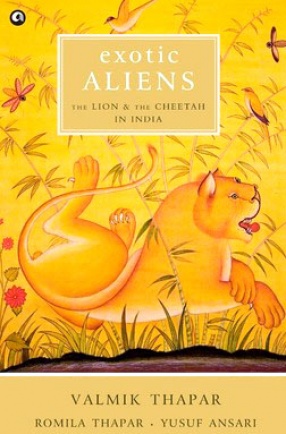
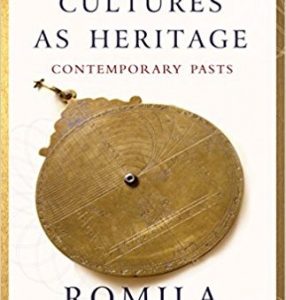
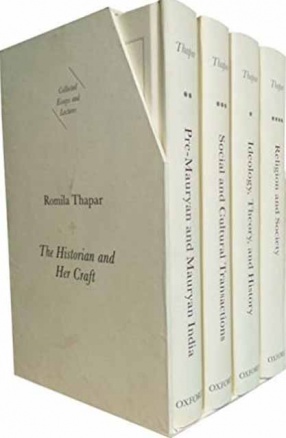
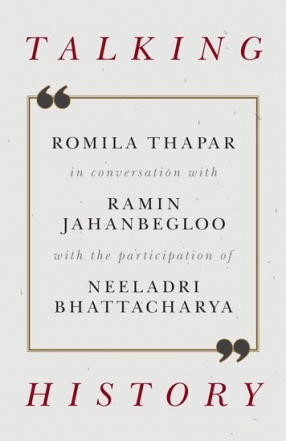
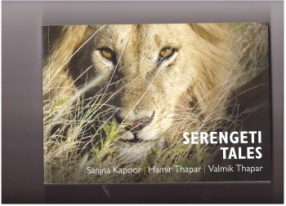
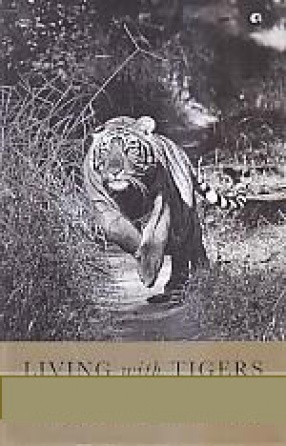
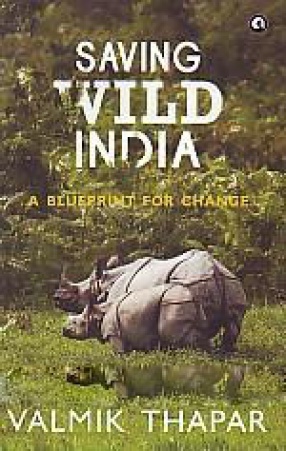




There are no reviews yet.